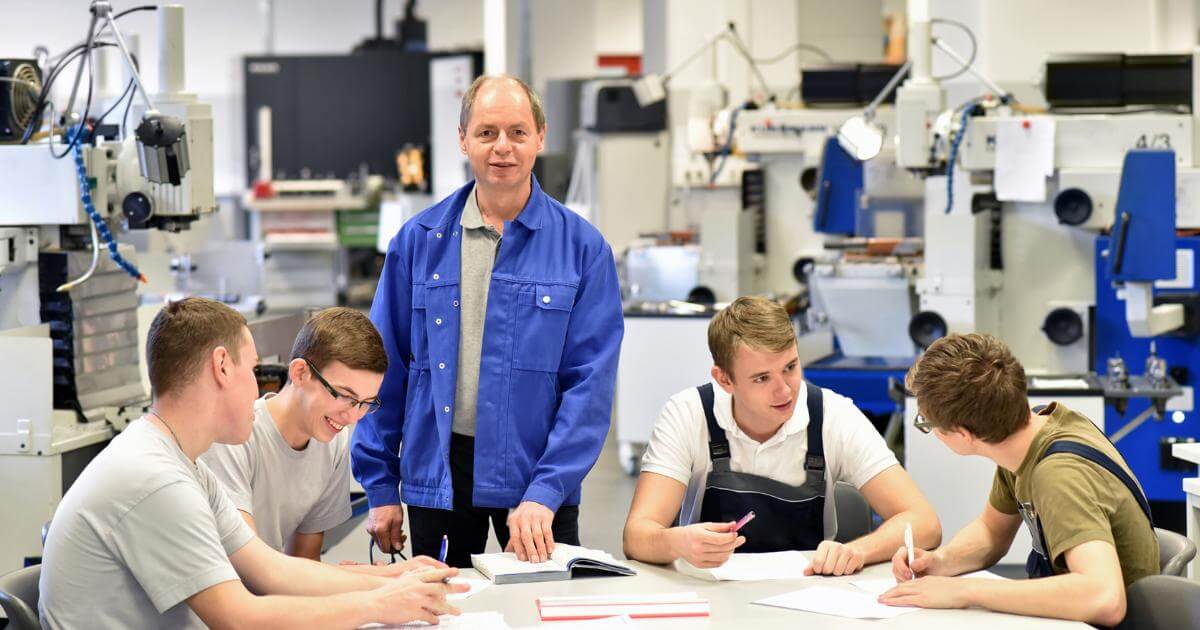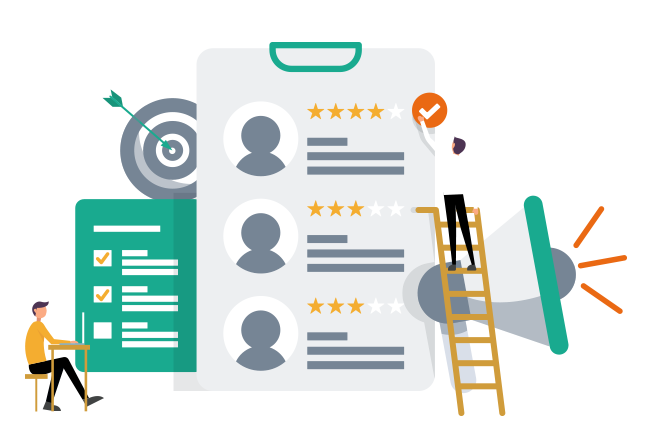Our Experts: Kim Boyer
You came into our office for an interview with a recruiter and did well. Now, we’ve set you up for an interview with our manufacturing client. What do you do next?
Preparation
First things first. Attire is everything, especially in an industrial environment. Like when you interviewed with us, you should be dressed business casual. The key difference when interviewing with our clients is actually your footwear. You are going to be walking around a plant and should dress accordingly for that. We actually had someone not get the job because they wore flip-flops to the interview. You will want to wear closed toed shoes or preferably steeled toed boots if you have them.
Now, it’s time to drive to the building. If you can, we recommend that you make the drive once before the interview so you know where you are going. If you aren’t sure where the location is, call your recruiter and ask. Don’t look it up online as we have had clients who’ve moved buildings but the address online still shows the old address. When in doubt, call us. If you cannot get ahold of us, call the client directly.
Another thing to keep in mind is to accommodate for traffic, especially if you have an interview early in the morning. If you show up early – more than 10 minutes beforehand – a safe bet is to wait in your car or go grab a cup of coffee somewhere. Oh, and don’t forget to bring your ID with you. Some of our companies require you to have an ID on you before you even walk in the door.
The last thing for you to prepare is to have a few clean, crisp copies of your resume with you (bonus: put it in a folder) as well as a notepad and pen. This shows that you are prepared and serious about the job. Another good tip is to research the company before your interview. It looks really good if you know about the company you are wanting to work for – and it gives you a base knowledge for when you ask them questions.
Interview Time
Let’s say you’ve made it through the door and are now about to meet the client for the interview. From the start, you want to make a good impression. Be nice to the receptionist, as sometimes the person who answers the door may not even be the receptionist at all – it could actually be the person interviewing you! You never know who you are going to meet. Always keep that in mind.
Once you start the interview process, there are a few key things to note. The first is that you should be prepared to really explain your work history. When you do an initial screen with your recruiter, we don’t dive deep into it. But our clients will. You will need to be able to expand upon why you left a job or why you got terminated. When talking about these things, it is also important to never badmouth your previous job or employer. Again, you never know who you are talking to.
You should also be prepared to answer some common questions. These include:
- Did you ever have a conflict with a co-worker? If so, can you explain what happened and any resolutions?
- Can you tell me about a time you helped with production?
- What are your future goals? And what are you looking for out a job?
When answering questions such as these, you want to demonstrate why you are going to be an asset to their team. You want to show them how you are going to make an impact. We highly recommend that you don’t go into the interview and say you will only work one shift or won’t work overtime. You want to have a good attitude and be reliable. Those are two things that really stand out to our clients – and those are two things you can control.
Additionally, avoid talking about personal problems or issues. You want to keep it very professional. With that in mind, you also don’t want to come off as not wanting to learn and grow at the company. Even if you have done this type of job before, our clients are looking for workers who will adapt to their business and not try to change the way they operate. If you see a similarity from a previous job, it is okay to say that you have that skill set.
Follow-Up
We like to have you follow up with us after your interview. Sometimes, you may get the job on the spot! Other times, the client is interviewing other people for the job after you. If that’s the case, let your recruiter follow up with them.






